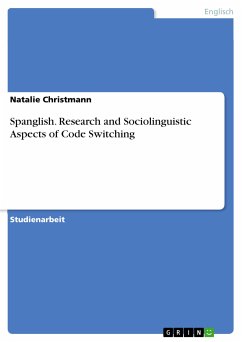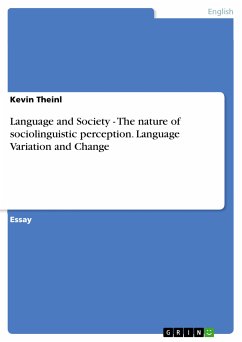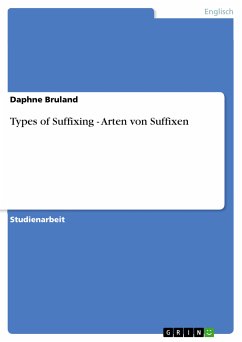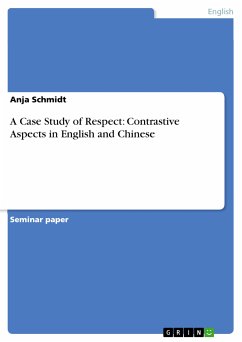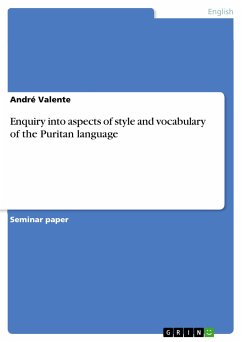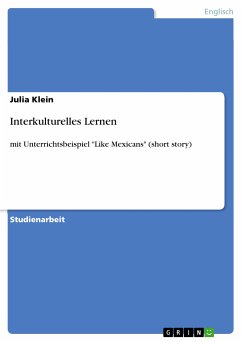Studienarbeit aus dem Jahr 2015 im Fachbereich Anglistik - Linguistik, Note: 2,0, Universität zu Köln (Englisches Seminar), Sprache: Deutsch, Abstract: As a student of English and Spanish Studies, I agree that the linguistic phenomenon of code switching deserves attention for two reasons: Not only does it seem to play such an important role in linguistics, but also in everyday life. That is why politicians or even natives speakers should be aware of the extent of the sociolinguistic aspects in language development in English-Spanish bilingual communities. Furthermore, I wish to examine the famous term “Spanglish” and the change in attitudes towards the present concept since its emergence. I will discuss the sociolinguistic aspects and the term’s evolution in more detail in the last chapter of my paper. Referring to the particular identity of Hispanics living in the U.S., being able to manage two different languages, bilinguals are capable to code switch within their languages. For this reason, it is essential to define code switching, including its three types of interaction, in the first place in order to distinguish the term in comparison to other linguistic phenomena, such as loan translation or loan words and lexical borrowing, with which one can easily comprehend. Because of the prevalence of lexical and grammatical theories, which have dealt with code switching for the last three decades, I have decided to focus on what are considered to be the three most relevant ones at present linguistic discourse: The Equivalence Constraint, The Free Morpheme Constraint and The Matrix Language Model. In the last part of my paper, I will take a closer look at the term Spanglish in reference to its various implications and what can be included in its today’s definition. Additionally, I will include some examples of the use of Spanglish, in other words Spanish-English code switching.
Bitte wählen Sie Ihr Anliegen aus.
Rechnungen
Retourenschein anfordern
Bestellstatus
Storno

